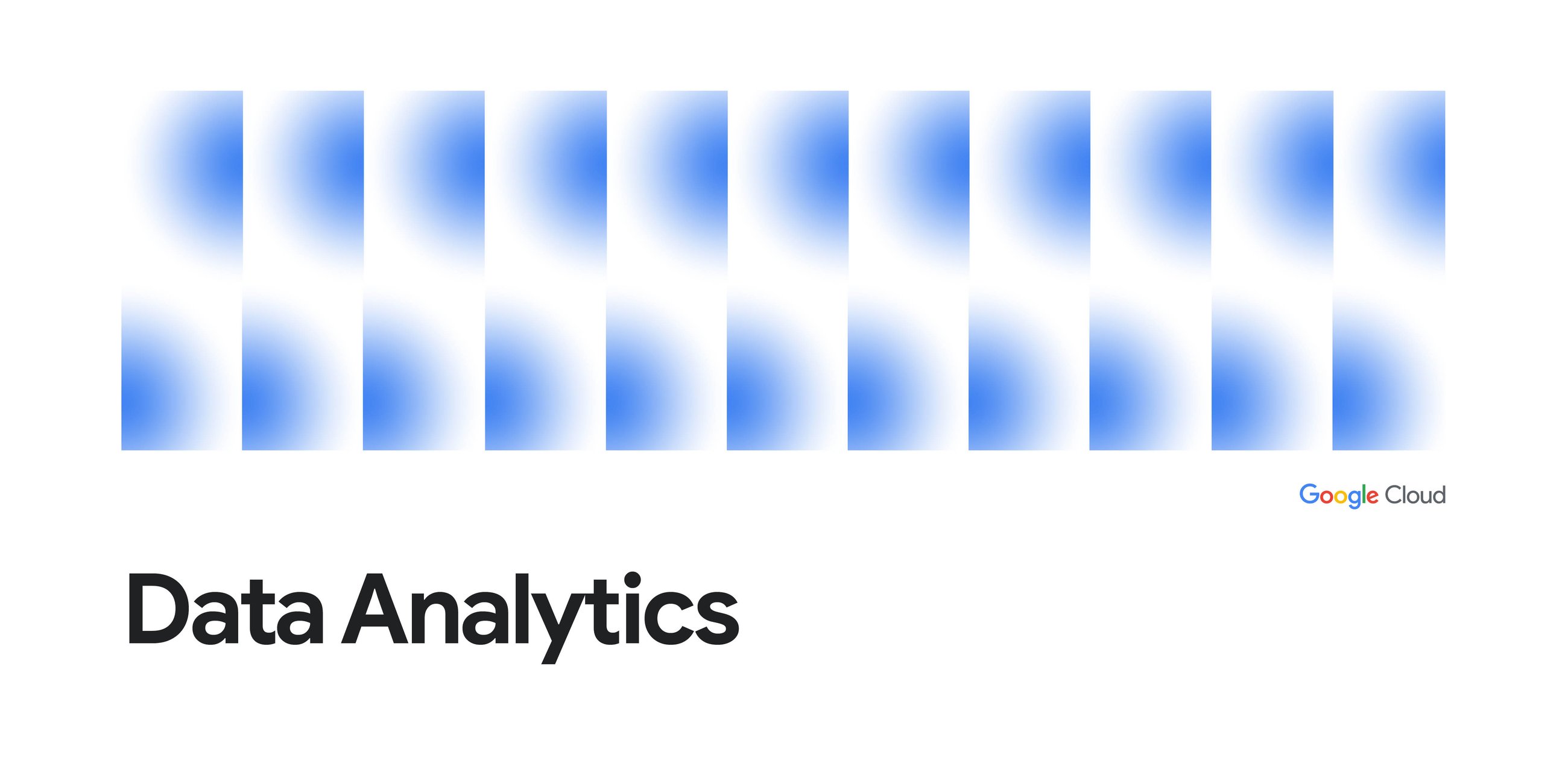
In a world of agentic AI, building an agent is only half the battle. The other half is understanding how users are interacting with it. What are their most common requests? Where do they get stuck? What paths lead to successful outcomes? Answering these questions is the key to refining your agent and delivering a better user experience. These insights are also super critical for optimizing agent performance.
Today, we’re making it easier for agent developers in Google’s Agent Development Kit (ADK) to answer these questions. With a single line of code, ADK developers can stream agent interaction data directly to BigQuery and get insights into their agent activity in a scalable manner. To do so, we are introducing BigQuery Agent Analytics, a new plugin for ADK that exports your agent’s interaction data directly into BigQuery to capture, analyze, and visualize agent performance, user interaction, and cost.
With your agent interaction data centralized in BigQuery, analyzing critical metrics such as latency, token consumption, and tool usage is straightforward. Creating custom dashboards in tools like Looker Studio or Grafana is easy. Furthermore, you can leverage cutting-edge BigQuery capabilities including generative AI functions, vector search, and embedding generation, to perform sophisticated analysis. This enables you to cluster agent interactions, precisely gauge agent performance, and rapidly pinpoint common user queries or systemic failure patterns — all of which are essential for refining the agent experience. You can also join interaction data with relevant business datasets — for instance, linking support agent interactions with CSAT scores — to accurately measure the agent’s real-world impact. This entire capability is unlocked with a minimal code change.
This plugin is available in preview for ADK users today, with support for other agent frameworks soon to follow.
See the plugin in action in the following video.
Source Credit: https://cloud.google.com/blog/products/data-analytics/introducing-bigquery-agent-analytics/




